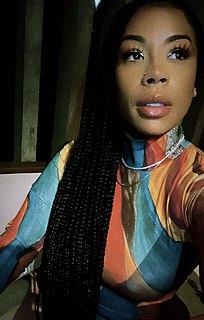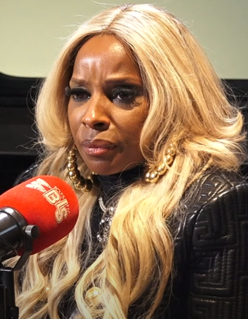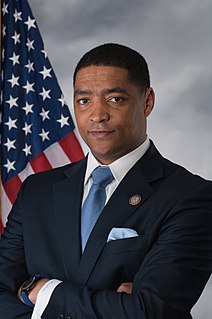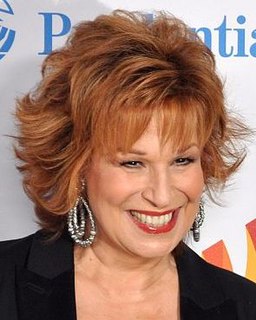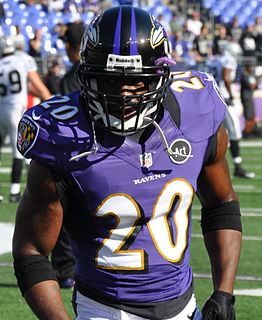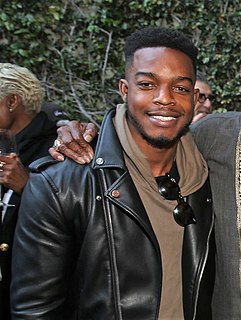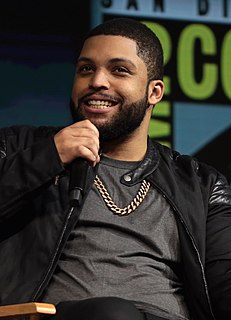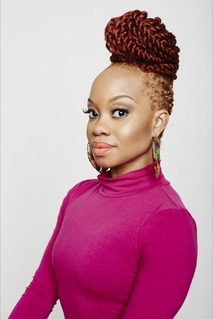A Quote by Ving Rhames
When I think of the trials and tribulations that black men go through in America and that black artists went through, I feel very privileged.
Quote Topics
Related Quotes
It's something that black men still go through to this day, which is women clutching their purses, hitting the lock button on store, or just basic attitudes. And even as a U.S. congressman, as a black man, it is very, very frustrating, and you build up an internal anger about it that you can't act on.
Jesse Owen was bigger than a black hero, he was an American hero. For me, I looked at it from that perspective. Through my research, I obviously learned a lot, much of which made me sad, upset, disappointed and even angry, regarding what Jesse had to go through. Not only was he a black man in America during an age of high racial tension and segregation, but he was also living in the middle of the Great Depression - it was very difficult times for him and his family.
'America's Dad' is what we called Bill Cosby. And we called him that because, well, what a revolutionary way to put it. Through him, we were thumbing our noses at the long, dreary history for black men in America by elevating this one to a paternal Olympus. In the 1980s, he made the black American family seem 'just like us.'
I think it's important for people to understand that dance, movement, choreography is about an experience and entertainment but it's also about perception and a lens. So when we're talking about a Black female's experience through a Black female's lens, that's going to be totally different from a Black female's perspective through a Black male's lens.

